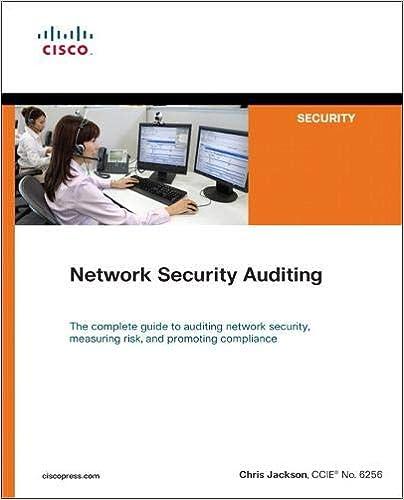Question
According to the passage below,find the ethical challenges that you, as an HR Manager might face: (THE LENGTH OF THE ANSWER SHOULD BE MINIMUM): The
According to the passage below,find the ethical challenges that you, as an HR Manager might face: (THE LENGTH OF THE ANSWER SHOULD BE MINIMUM):
The human resources function within an organization should ideally be directly involved in the relationship between the company and the employee throughout that employee's contract with the company: *The creation of the job description for the position. *The recruitment and selection of the right candidate for the position. *The orientation of the newly hired employee. *The efficient management of payroll and benefits for the (hopefully) happy and productive employee. *The documentation of periodic performance reviews. *The documentation of disciplinary behavior and remedial training, if needed. *The creation of a career development program for the employee. Finally, if the employee and the company eventually part ways, the HR department should coordinate the final paper work, including any severance benefits,and should host an exit interview to ensure that anything that the organization can learn from the departure of this employee is fed back into the company's strategic plan for future growth and development. Every step of the life cycle of that company-employee contract has the potential for ethical transgressions. Most HR professionals see their direct involvement in this contract as acting as the conscience of the organization in many ways. If the right people are hired in the furst place, it is believed, many other problems are avoided down the road. It's when organizations fail to plan ahead for vacancies and promotions that the pressure to hire someone who was needed yesterday can lead to the gradual relaxation of what may be clearly established codes of ethics. Consider the following ethical transgressions: *You are behind schedule on a building project, and your boss decides to hire some illegal immigrants to help get the project back on track. They are paid in cash "under the table," and your boss justifies the decision as being "a 'one-off'-besides, the INS (Immigration and Naturalization Service has bigger fish to fry than a few undocumented workers on a building site! If we get caught, we'll pay the fine-it will be less than the penalty we would owe our client for missing our deadline on the project." *Your company has hired a new regional vice president. As the HR specialist for her region, you are asked to process her payroll and benefits paperwork. Your boss instructs you to waive the standard one-year waiting period for benefits entitlement and enroll the new VP in the retirement and employee bonus plan immediately. When you raise the concern that this is illegal, your boss informs you that this new VP is a close friend of the company president and advises you that, in the interests of your job security, you should "just do it and don't ask questions!" *On your first day as the new HR specialist, you mention to your boss that the company appears to be out and Occupational Safety the money coming in (credits) and Health Administration and money going out (debits) (OSHA) posters that are legally required to be posted in the employee break room. Your boss laughs and says, "We've been meaning to get around to that for years-trust me, there will always be some other crisis to take priority over all that administrative stuff In each of these scenarios, accountability for the transgression would ultimately end with the HR department as the corporate function that is legally responsible for ensuring that such things don't happen. For this reason, many advocates of ethical business conduct argue that HR should be at the center of any corporate code of ethics- not as the sole creator of the code, since it is a document that should represent the entire organization, but certainly as the voice of reason in ensuring that all the critical areas are addressed: 1. HR professionals m ust help en sure that et hics is a top org anizational priority. The recent business scandals have shown that simply relying on the presence of an ethical monitor will not prevent unethical behavior. HR should be the ethical champion in the organization, including hiring a formal ethics officer if necessary. 2. HR must en sure that the leadership selection and development processes include an ethics component. The terrible metaphor of a fish rotting from the head is relevant here. HR must be involved in hiring leaders who not only endorse and support but also model the ethical standards needed to keep the company out of danger. The biggest challenge here is convincing the leadership team that it's not just the rank-and-file employees who should be put through ethics training. 3. HR is responsible for ensuring that the right programs and policies are in place. As we will learning future chapters in this book, financial penalties for unethical behavior are now directly connected to evidence of efforts to actively prevent unethical conduct. The absence of appropriate policies and training programs can increase the fines that are levied for unethical behavior. 4. HR must stay and east of ethics issues ( and in particular the changing legislation and sentencing g widelines for unethic al conduct). Response to recent corporate scandals has been swift and frustratingly bureaucratic. Organizations now face reams of documentation that are designed designed to regulate ethical behavior in the face of overwhelming evidence that organizations cannot, it would seem, be trusted to do it on their own.
Step by Step Solution
There are 3 Steps involved in it
Step: 1

Get Instant Access to Expert-Tailored Solutions
See step-by-step solutions with expert insights and AI powered tools for academic success
Step: 2

Step: 3

Ace Your Homework with AI
Get the answers you need in no time with our AI-driven, step-by-step assistance
Get Started


